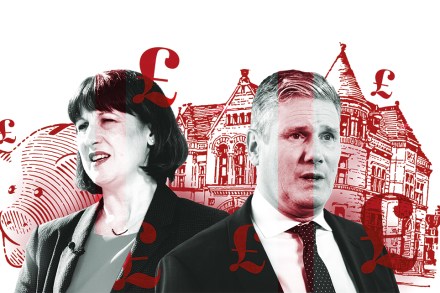Leo Varadkar’s days were numbered
Leo Varadkar’s abrupt resignation today left even his closest allies perplexed. ‘I was very surprised, I didn’t expect it at all’, said his deputy, Micheal Martin, after the announcement. Varadkar said he’s stepping down for reasons that were ‘both personal and political’, to give Fine Gael the best chance of victory. So what made him walk? Varadkar’s government rebuffed people’s concerns with platitudes Varadkar may have thought he was continuing a decades-long progressive trend where liberal Irish governments had the wind at their backs. Divorce and same-sex marriage were legalised after successful referendums, and most recently, a ban on abortions was repealed. Ireland was shedding the small-c conservative, Roman Catholic




















